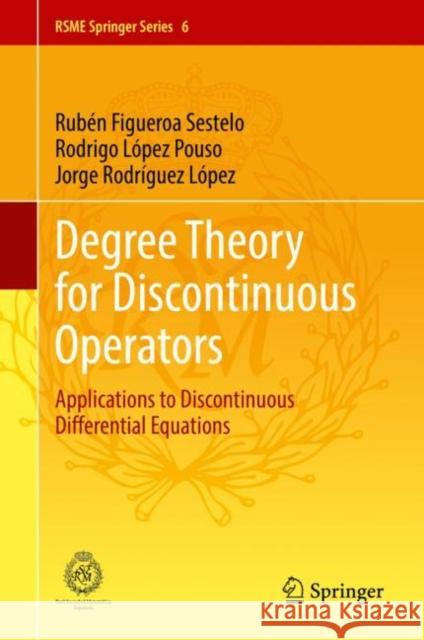Degree Theory for Discontinuous Operators: Applications to Discontinuous Differential Equations » książka
topmenu
Degree Theory for Discontinuous Operators: Applications to Discontinuous Differential Equations
ISBN-13: 9783030816032 / Angielski / Twarda / 2021 / 170 str.
Degree Theory for Discontinuous Operators: Applications to Discontinuous Differential Equations
ISBN-13: 9783030816032 / Angielski / Twarda / 2021 / 170 str.
cena 442,79
(netto: 421,70 VAT: 5%)
Najniższa cena z 30 dni: 424,07
(netto: 421,70 VAT: 5%)
Najniższa cena z 30 dni: 424,07
Termin realizacji zamówienia:
ok. 16-18 dni roboczych.
ok. 16-18 dni roboczych.
Darmowa dostawa!
Kategorie:
Kategorie BISAC:
Wydawca:
Springer
Seria wydawnicza:
Język:
Angielski
ISBN-13:
9783030816032
Rok wydania:
2021
Wydanie:
2021
Numer serii:
000800019
Ilość stron:
170
Waga:
0.45 kg
Wymiary:
23.88 x 20.32 x 1.52
Oprawa:
Twarda
Wolumenów:
01











